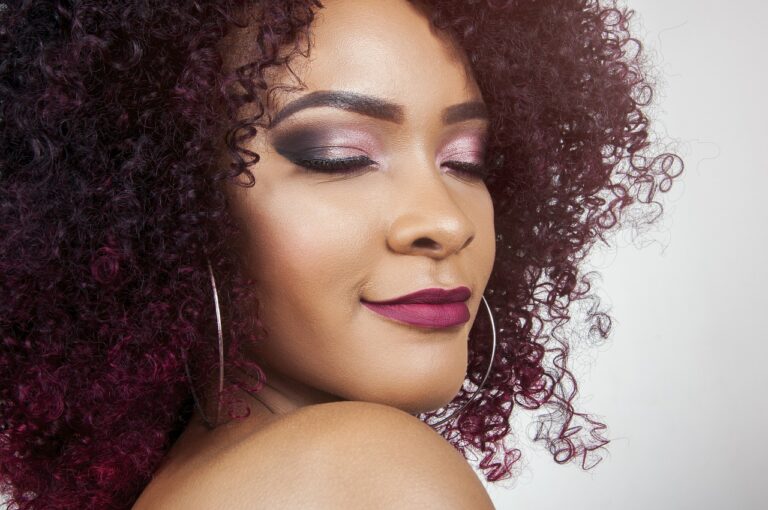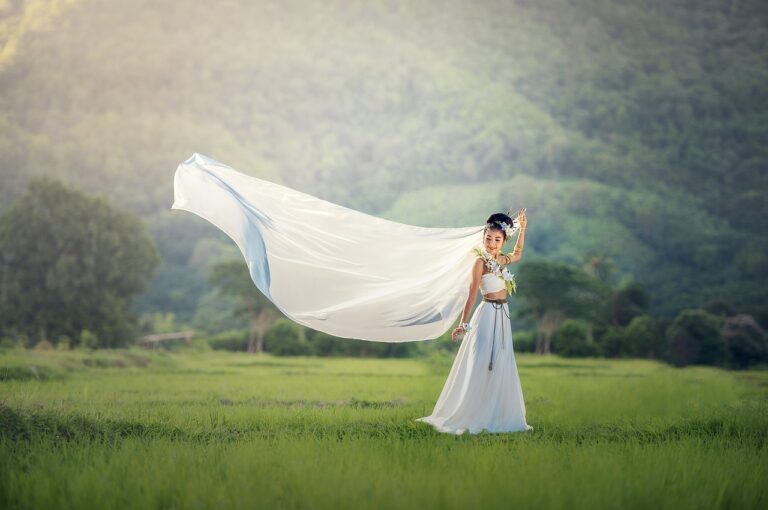The Role of Fashion in Celebrating Diversity and Inclusivity
Throughout history, fashion has played a vital role in representing diversity within societies. From ancient civilizations to modern times, clothing styles have been a way for individuals to showcase their cultural heritage, beliefs, and social status. Through the fabrics, colors, and designs they wore, people could proudly express their identity and celebrate their differences.
In many cultures, traditional attire has been a powerful symbol of unity and belonging among community members. By wearing specific garments or accessories, individuals could signal their allegiance to a certain group or cause, forging connections based on shared values and customs. As fashion trends evolved over time, they reflected the changing dynamics of societies, highlighting the rich tapestry of diversity that exists within human populations.
The Evolution of Fashion Trends That Embrace Inclusivity
Fashion has undergone a remarkable transformation over the years, with a notable shift towards embracing inclusivity and diversity. Gone are the days when certain body types, skin colors, or genders were predominantly represented in the fashion industry. Today, designers and brands are actively working towards breaking traditional stereotypes and including a wider range of people in their campaigns and runway shows.
The evolution of fashion trends that embrace inclusivity is not just a passing fad but a reflection of the changing societal norms and values. Inclusivity in fashion is not only about showcasing diversity in terms of race, body size, or gender identity but also about promoting acceptance and celebrating individuality. This shift has not only widened the representation in the industry but has also empowered individuals to express themselves through their clothing choices without fear of judgment or exclusion.
Fashion as a Tool for Empowerment and Self-Expression
Fashion has long been recognized as a powerful tool for empowerment and self-expression. Through clothing choices, individuals can communicate their personality, beliefs, and culture to the world. The ability to select garments that resonate with one’s inner self can boost confidence and provide a sense of agency in how one presents themselves to society.
Moreover, fashion enables individuals to challenge societal norms and stereotypes, paving the way for greater inclusivity and diversity in the industry. By embracing unique styles and trends, people from all walks of life can break free from traditional molds and celebrate their individuality. This freedom of expression fosters a more inclusive and accepting society where differences are celebrated rather than stigmatized.
Fashion allows individuals to communicate their personality, beliefs, and culture
Clothing choices can boost confidence and provide a sense of agency
Selecting garments that resonate with one’s inner self is empowering
Fashion enables individuals to challenge societal norms and stereotypes
Embracing unique styles promotes inclusivity and diversity in the industry
How has fashion historically represented diversity?
Fashion has historically been a powerful tool for representing diversity by showcasing different cultures, identities, and perspectives through clothing and accessories.
How have fashion trends evolved to embrace inclusivity?
Fashion trends have evolved to embrace inclusivity by featuring a wider range of sizes, colors, styles, and models on runways and in advertising campaigns.
How can fashion be used as a tool for empowerment?
Fashion can be used as a tool for empowerment by allowing individuals to express their unique personalities, values, and beliefs through their clothing choices.
What role does self-expression play in fashion?
Self-expression plays a significant role in fashion as it allows individuals to communicate their identities, emotions, and experiences through the clothes they wear.
How can individuals use fashion to empower themselves?
Individuals can use fashion to empower themselves by choosing clothing that makes them feel confident, comfortable, and true to themselves, regardless of societal norms or expectations.





